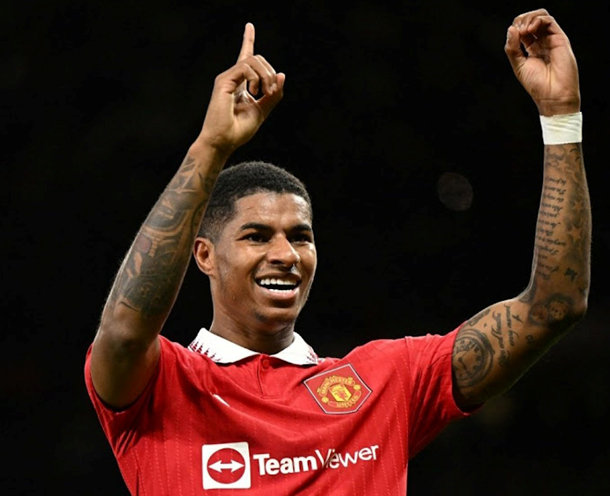 |
In a world where social media reigns supreme and attention is the order of the day, TikTok stands out as a cultural phenomenon that has reshaped how we create and consume content. It has a user-friendly interface and an endless stream of bite-sized videos. This makes it a global stage where people, including the younger generation, can showcase their creativity, share their stories, and connect with others in unimaginable ways.
Yet, amid the allure of viral fame and instant gratification, questions arise about the lasting impact on its users' mental, emotional, and social well-being, particularly the younger demographic. What, then, is the solution? Should the eligibility age be generally acknowledged as 18 or 21 years, as is done on iGaming platforms like the Mr Bet Casino? Can a platform built on fleeting moments and endless scrolling offer substantive benefits beyond entertainment?
Let’s explore whether this social media portal of a new generation can foster valuable skills, nurture creativity, and empower young minds to navigate the increasingly complex digital landscape and real life.
TikTok and the Youths
TikTok is one of the most popular and rapidly growing social media platforms at our disposal, dominating youth culture and attracting billions of users around the globe. Nearly half of its population falls under the age range of children, teenagers, and youths. Its growing acceptance and engagement among youngsters causes concern among parents, clinicians, and policymakers. This is because of the impact TikTok and its content can make on their mental health condition.
However, like every other controversial issue, there are always two sides to the coin, and we are going to be exploring both to see whether this social media platform is useful or destructive for the younger generation.
Cons
There are a number of reasons why this app should be best left for a much older and more mature audience. Some of the most evident downsides are listed below:
- Loneliness and Isolation Promotion: Many adolescents, especially those with medical challenges like depression and anxiety, prefer to be alone and lessen physical connection and contact with others. Hence, they try to find a replacement for real communication on the platform. If this continues, the individual becomes more drowned in feelings of hopelessness, anxiety, and alienation. The major cause of this is the culture of comparison, which the platform indirectly encourages. For instance, a child battling with low self-esteem will be anxious about communicating with others because they are always conscious of what others think of them. Inevitably, they begin to withdraw after comparing and convincing themselves of not being as cool due to factors like the number of followers, likes, or comments others have online. They view the site through a negative lens and constantly remind themselves of how they will never be as good as other people. This mindset in itself puts them at risk of increasing isolation and depression;
- Mental and Psychological Pressure: According to research, the possibility of social exclusion, cyberbullying, and other dramas on the site have been associated with a high rate of mental health issues. Hence, children with delicate psychological health can experience a temporary increase in emotional symptoms as a result of stressors or traumatic experiences online.
Pros
It is important to note that there are positive points associated with this platform. Such offers can undoubtedly be included in the list of advantages, especially for kids. Here are some of them:
- Activeness and Confidence Encouragement: One of the major benefits of being on the site is exposure to different people. When kids see users with different appearances, interests, views, and tastes bravely and actively asserting themselves, they become motivated to do the same and not to be afraid to deal with others in real life;
- Community and Relationship Creation: Many kids feel alone when going through an emotional issue because they often think no one can understand them. For individuals like this, it is possible to find validation on TikTok. Many people share and analyse their health issues and explain how they cope daily. This creates a connection and a form of camaraderie and friendship for people with similar conditions. Therefore, the app provides a community where people dealing with various situations can feel they belong.
These are some of the issues and upsides that can be expected when kids use TikTok, among others.
Let’s Engage With TikTok in a Healthy Way!
After reading, you can take the side of either a supporter or an opponent of TikTok. Whatever your position is, you can help your child. As a parent, it is your responsibility to monitor how much time your kid spends on media platforms in general. You can maintain parental control until you believe your child is old enough to handle their accounts.
According to experts, parents can greatly influence their kids by being a model template for them to watch and follow. Be sure to set an example by putting all phones and screens away. Modelling is a critical approach to achieving good behaviour from your kids. You can also seek professional help to be more on track. |

